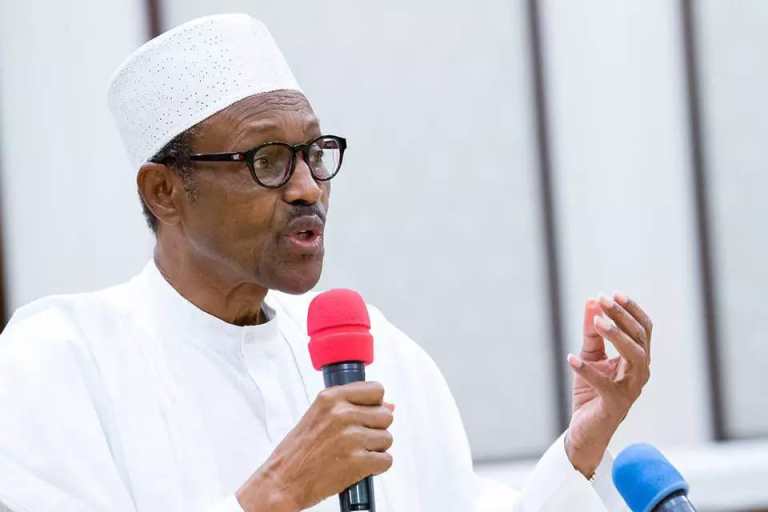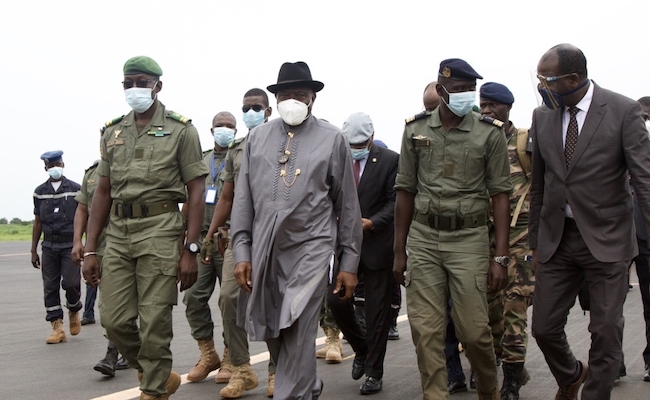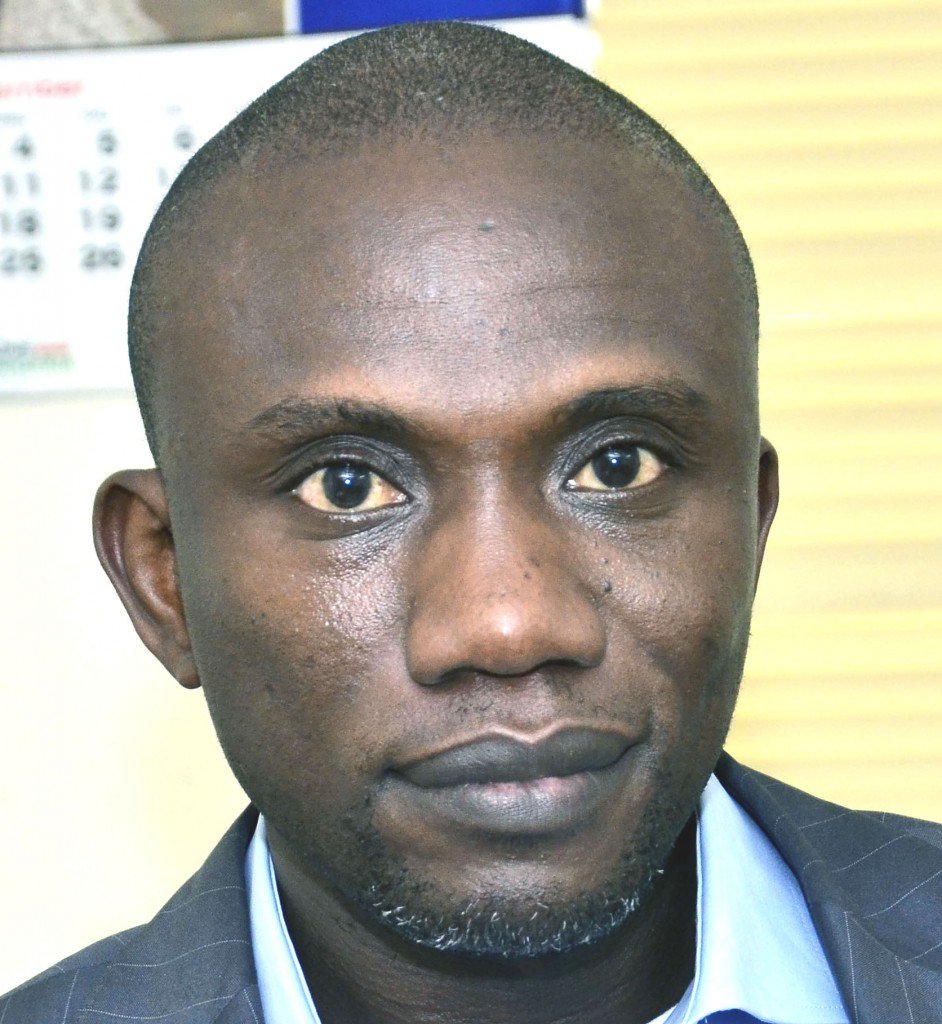Exiting Recession: Seven things to consider

Recession-and-recovery
Recession is upon Nigeria. It is important to accept that this phenomenon of negative growth demands an emergency response. The Nigerian economy needs to be wheeled to the emergency room with quick action taken to bring it back to life. Allow me share my seven takeaways that should form our nexus of conversations to exit this crisis before it leads to depression.
States’ Finances Matter
As a son of a public primary school teacher who has put in nearly 34 years at work, my mother not receiving salaries consistently for the last two years have evidently shown me that recession has been on a build-up. Possibly Lagos being the largest entity in national consumption has been “padding” the figures of our growth but the reality is that most state economies have been in limbo. Most of the retail trade happening in states have stagnated with the serial non-payment of salaries and pensions. I have seen my mother’s salary trickle down to bricklayers, poultry feed sellers, fabric traders and market women. Now stagnating that on a wide scale and halting public contracts have crumbled those economies and the Federal Government needs to pay attention to states and ask genuine questions on how to sustainably end their woes.
An Interest Rate of 28 Percent
Most commercial banks have sent a notice of the upswing of interest rates to their debtors, adding to the squeeze of doing business and further deepening the default loan portfolio of the industry. If we really want to be serious, we can’t do extensive enterprise if the interest rate is put at 28 percent. Who breaks even at this point? It has to be those protected by government and who are able to fix prices. The problem in the room is not the inflation rate soaring to 17.1 percent. It is in the floor rate the government borrows. With government risk-free rates inching towards 16 to 18 percent, why won’t a bank take an extra premium of 10 percent on a customer? Few people are already talking of Quantitative Easing to force down the cost of government borrowing and reset the rates. We cannot exit recession without a solution on the cost of borrowing for business and the MPR tools are becoming blunt.
Seed-Funding Enterprises
We were here when the former administration with development partners started Youwin, a grant to small businesses to either start or scale up their businesses. We might underestimate the power of this but the model helped birth new businesses and provided risk capital for people. It might not have been perfect but why will the government stop that? The BOI support fund is still inadequate and the grant systems as put out by Youwin is big win to mobilise capital again. If we have nothing to do with recovered loot, this is where to begin. There was a time that Nigeria wanted to set up a technology incubation fund; why has this been taking so long?
Public Works Programme
I have also been a fan of public works project but do not see the unnecessary need to always wait till we monetise a barrel of oil or borrow from China before we can put down a road. In the New Deal package, a familiar tool to reset the American economy was the public works programme. Not that we are in shortage of bitumen, cement, sand and skills to tar every corner of our roads; it is time to set it up with also the efficiency standards that can be monitored by the private sector. We have a chance to put a lot of people to work rather than dole out billions of naira at N5,000 cash grants.
Public Sector Efficiency
The perception that government lives too large is right there in our face. A recent title I saw that baffled me is that of a Personal Assistant (Communication) to the Special Adviser to the President. For a second, how many personal advisers will a special adviser to the president have? No one has the official list of advisers of the president as anyone now can claim a title. The cost of governance has to come down and it has to reflect in how things are done and effectively communicated to the public. A presidential fleet of 13 airplanes, a N115 billion allocation to the National Assembly, and a large retinue of aides do not portray an economic emergency.
Exchange Rate Conundrum
The nexus between inflation and the steep devaluation of naira due to the “floating” regime is clearly present. Fixing our inflows either comes from rising oil prices, massive foreign direct investment or portfolio investors who see a massive kill in our stock and bond markets. While Nigeria cannot control the price of oil, it is time we make FDI our intricate focus. Things like visa-on-arrival for investors, investment profile documents, ease of business and taxation should happen like yesterday. The Federal Government needs to explain to every potential Nigerian investor where the opportunity lies and also the steps to make that happen.
The Government Revenue Challenge
Nigeria has an expenditure efficiency problem, I agree but a looming challenge is the size of our public revenues, a function of the abysmal low tax income. I see we quibble that the Federal Government spends N165 billion on personnel costs monthly but 60 percent of that is spent on doctors, the military, police, paramilitary units and teachers. We will have to fix the civil service efficiency but the time of recession is not appropriate to sack public workers. It is time for the country to properly price its other resources and actually take taxes or rent appropriately.
The problem with this government is that it makes its hay at dusk when the sun has retreated. It waits for six months to appoint ministers, delays currency devaluation and held off public contracting for over a year. If the recession does not portray that an emergency is needed to fix the economy, we might as well forget this opportunity.








